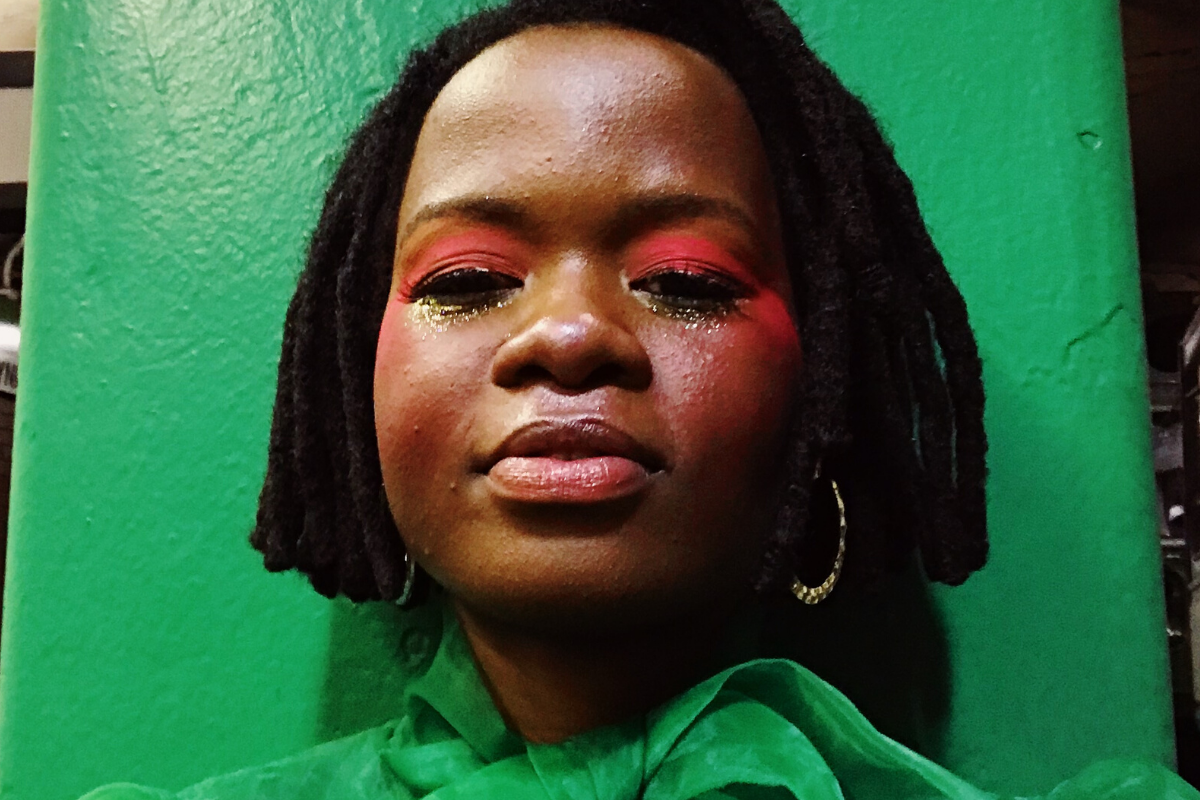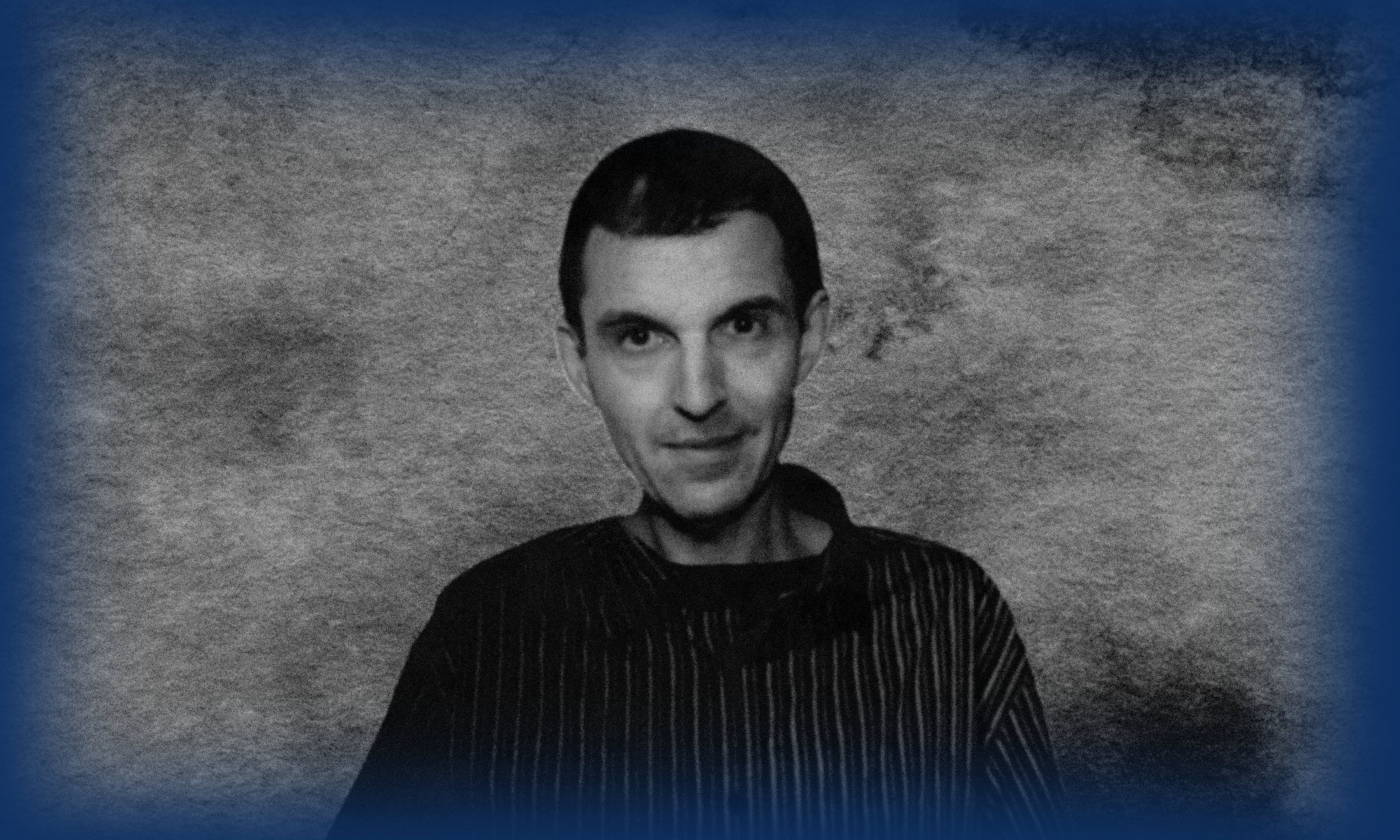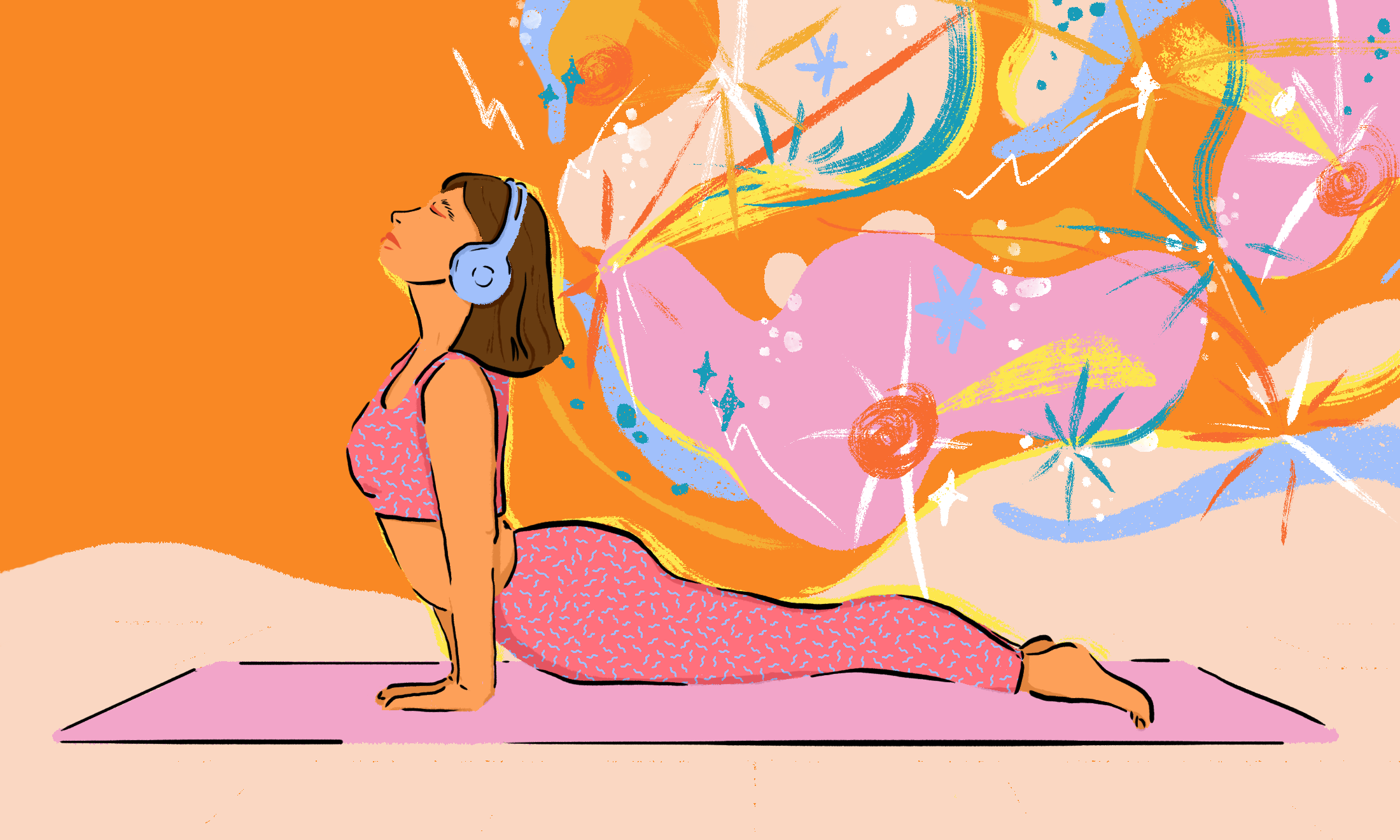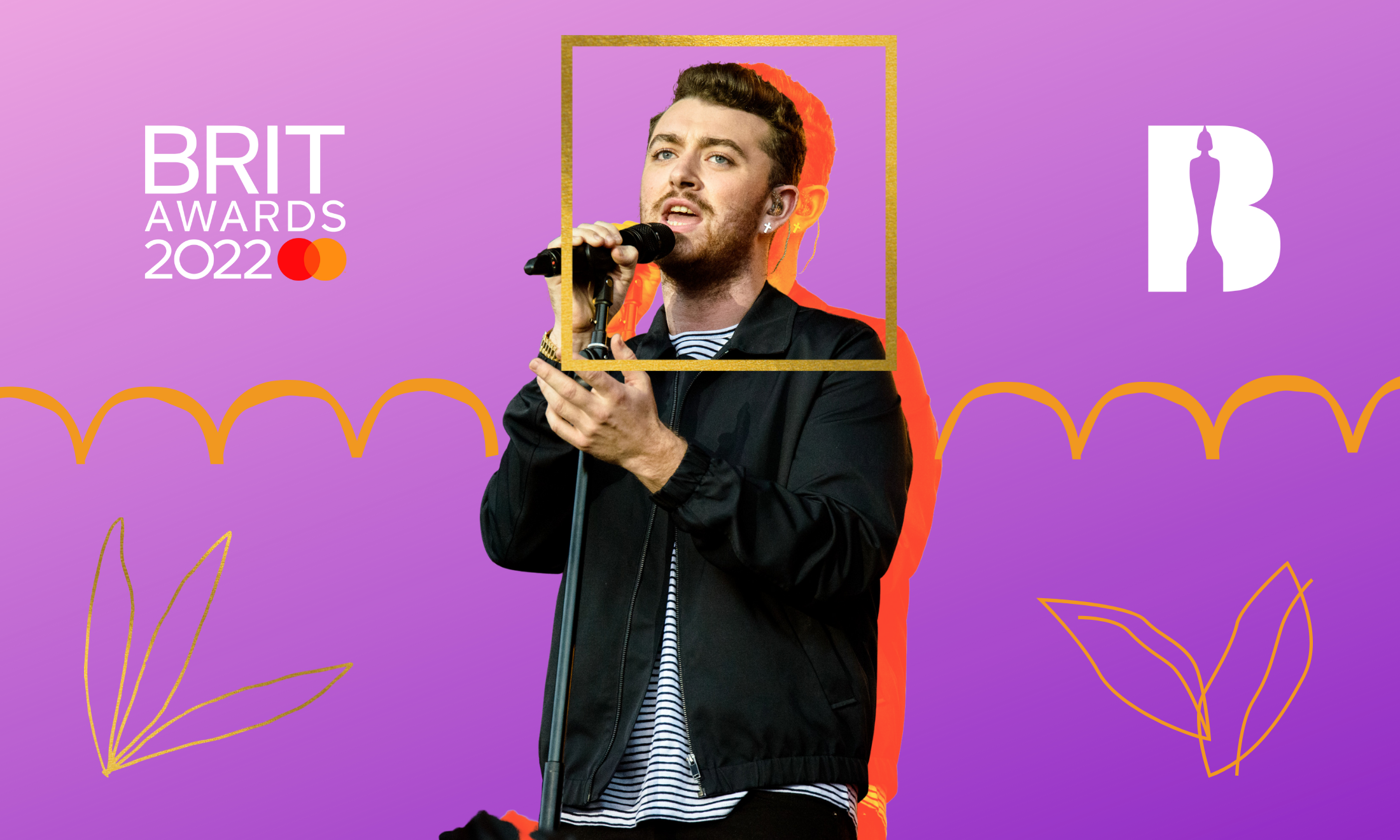
Get to know Cleo Reed, the New York-based artist crafting mesmerising sounds
Rachel K. Godfrey
17 Dec 2019
Photography by Cleo Reed
Cleo Reed is a fearless act. Seek out any recording or live performance of hers, and you are bound to find futuristic vocals diving headfirst into overlayed rhythmic pools. The result? Devastatingly honest dreamscapes that leave her listeners as mesmerised as they are enamoured. Her sound is uncompromising, but it is this unwillingness to change that makes her work and her character that much more magnetic.
Before she was Cleo Reed, Ella Moore was ELLA, a classical-percussionist-turned-rockstar. Drawing influence from a childhood full of moving around the United States and collaborative music-making, she began experimenting with different musical instruments and devices from a young age. Her attention to sonic and visual detail has won over the hearts and ears of many, including judges at the 2018 Adidas Sound Lab Open Mic and audience members at NPR Music’s Turning the Tables Live: The Motherlode, a show honoring the black “mothers” of music.
Ella is currently in her third year at Berklee College of Music studying electronic production and design. A week before she traveled from Boston to New York for her guest appearance at duendita’s C’mon Everybody show in Brooklyn, we chatted about intergenerational storytelling, the power of collaboration, and foiling the plans of music production’s gatekeepers.
gal-dem: Did you like moving around so often?
Cleo Reed: It was all I knew. I moved around between New York and D.C., and I was in California for a bit, all after my parents’ divorce. I loved the moving – it made me not want to live somewhere for more than nine months at a time. It would be great if I could travel a lot after school, while I’m young and have no personal responsibility to any partners or anything like that. I care about community but also feel very much like moving taught me about being adaptable and the importance of learning a lot about new places.
I was reading your 2016 interview in Tom Tom Magazine. You talk about how your mom’s success as a journalist, do you feel like her storytelling ability has impacted your creative experience?
I feel so in awe of her constantly. Her ability to address and express so clearly, and speak openly about emotions and experiences that are so deep and important to the people around her is fascinating. To grow up with someone who is capable of that level of intelligence and expression firsthand was so incredible. I loved hearing her tell stories about black people and black communities. When we were in D.C., she was writing about local politics and small topics about people in the community. She used to call me her road dog; she would take me everywhere with her, work included.
“My mom has impacted my approach to storytelling immensely. I care very much about serving people well while also making sure I’m telling stories that are an extension of myself”
– Cleo Reed
She’s impacted my approach to storytelling immensely. I care very much about serving people well while also making sure I’m telling stories that are an extension of myself. The project that I’m working on now is just constant output and it’s super freeing. I’m able to condense so many ideas that have been flourishing in my head into one or two lines or maybe just a bar. Lyrically, I feel like that’s been influenced by my mother.
In terms of sound, I feel very connected to my environment because of her. Since I’ve lived in and visited so many environments around the U.S., I feel pretty well-informed about what it means to meet people with complex geographical backgrounds.
When you’re writing, what’s in the front of your mind? Is it, “how can I take my experience and get it to translate into something that everyone else will understand’, or are you thinking more about what someone else may want to hear?
I think that when I pull from the most genuine parts of my own experience, the result ends up being the most relatable to other people. I feel like none of my experiences are very individual. If I can talk about something as simple as how I feel when I’m on the subway with a person that I love, and if I can express that through sound and lyrics, I don’t feel that there’s anything more that I have to add to make it translate.
But I do feel like a lot of what I’ve been producing for other people is very much in service to the artist. For example, I’m producing for a friend right now, and we’re not using meter. We’re not necessarily working with stuff that I would personally pull from naturally. I’m trying to reach into her and what she’s thinking about and make that translate to other people in an audible way.
It doesn’t sound like you’re compromising anything in your creative practice. It sounds like it’s very careful curation.
I very much care about curation. My relationship to music is not only in the sound itself but also in the cultural context of everything that I listen to. I was in a three-girl punk band –
Pretty Sick.
Pretty Sick! It was more dream punk, soft rock. We would talk about Smashing Pumpkins, we would talk about Tame Impala, we would talk about the Meat Puppets, and Nirvana, and ESG, and these bands that had influenced us. When I’m playing a chord, I know that it’s informed by those things. It’s not an original idea for me. That helps me produce something that’s really worthwhile and not necessarily imitative. I’m actively acknowledging that my music is coming a little bit from somewhere else, and then I’m taking it and joining it with my own being.
You’ve talked about how your stage name is also influenced by the folks who came before you. What’s the story behind the Cleo Reed name?
Sheesh! I didn’t ever think I’d be using a stage name. My love for my family and learning about where they came from resulted in my name. I’ve had a lifelong fascination with speaking to my older relatives, finding out more about what their lives meant to them, and what they think their lives mean for us as their descendants.
Cleo Reed is a combination of names of women from my mother’s family. My mom’s grandmother was named Cleophus. Cleophus McQueen. How sick is that? I became fascinated with her and more of my relatives. Reed Vontrees was another ancestor, my great-great-great-great grandmother who had been enslaved but emerged to raise a strong family in Kentucky. My mom and I got matching tattoos to honour Reed after finding out about her. I was originally going to name myself after my great grandmother and call myself Cleo McQueen, but decided I wanted a name that was harder than that. Harder as in more complex, but also as in more awesome.
How do you know if you and a collaborator’s respective sounds are going to work well together?
I don’t. [Laughs] I have no clue. Right now, I’m just going based off of character and the skill comes last. I’m in my third year at Berklee [College of Music], and the culture tends to teach you that you need to be in a collaborative space with people who are just as “technically” skilled as you are. Even though I feel like I’ve been through this training, I was always in collaborative spaces where people came into music because they felt this newness, this freshness. When I meet someone who is just very eager to try something new, that’s when I know it’s going to work. If we’re 20 minutes into making a song that’s really heavy-hitting, has these real heavy ass hip hop drums, and then that person is just like, ‘You know what, Ella? You wanna just take out your guitar and do something else?’ I love that.
If our relationships to music align, I’m pretty sure that we’ll align. For example, Adé Hakim and Darryl [Johnson], those were some of the first people I met when I moved back to New York in 2014. I met MIKE in 2015. And when I met them, we hadn’t even started collaborating yet. It wasn’t until years later. We were new to performing in New York and didn’t know what would come of our relationships. But it was easy for us to get into a room and have something to talk about because of this.
It didn’t have to feel forced.
Nope. When it feels forced with someone, I have to be like, ‘So, do you want to go for a walk? Should we go get something to eat then come back? Do you want to draw?’ It has to be fun.
Has your mindset always been like that? Or did you have an experience where you were like, “Oh, this is really not fun. Something’s gotta give.”
It’s definitely an indication of my growth as a musician and a person. I had to mature into it. When I was younger, I used to go to this all-girl and non-binary rock camp called Girls Rock D.C. I started going in 2008, the first year it was made. And I remember being in those bands as a classical music student, where I was playing in an orchestra, and experiencing this huge culture shift. I had been in a strict, structured environment, where if I wanted to play with someone I vibed with during my pizza break, I would have to practice until I was as good as them. And then I got to this rock camp that was a women’s empowerment camp disguised a music camp, and I was engaging with people in these non-judgmental ways. It helped influence my producer mindset because I learned how to be inclusive of everyone, regardless of skill or knowledge, with my art.
“If I don’t have access to a space, and I want access to that space, I will find every way to express myself and to get into said space. Fuck the politeness. I can’t let the people who don’t want me in these places to shake my peace”
– Cleo Reed
When you think about all of those years in that collaborative space, as well as the experiences that followed, what barriers do you see standing in the way of black women and queer folk’s access to the field of music production?
There’s a lot of gatekeeping in music production. I’ve experienced a lot of prejudice regarding the type of producer I am now. It’s like, ‘Okay Ella, you’re not a hip-hop producer, so your music is experimental.’ I don’t feel too disgruntled with people like that now because I think I need to put out more music for them to see what I’m trying to relay musically.
Other barriers include not being paid and not being actively invited to spaces. I’m taking this time to work with the most amazing women and trans musicians who deserve the space and don’t get invited to these sessions as often. If I can be the person who can bridge these folks with the people I know, and be the one to make these comfortable creative spaces, then I want to be the one to do it. It’s that New York mentality. If I don’t have access to a space, and I want access to that space, I will find every way to express myself and to get into said space. Fuck the politeness. I can’t let the people who don’t want me in these places to shake my peace.
I also feel like the more women we have in the studio will make translating music better. Especially in black music, men are always talking about women, or some homoerotic topics. And if my friends or me were there, I know we could’ve drawn those things out instead of them coming out as puns or little side comments, to really capture what the person means. The energy we bring to these spaces would help amplify their messages, and just make the music better.
“I’m still in the learning phase. I think I’m always going to be in a learning phase”
– Cleo Reed
What I love about this is your natural inclinations to grow with the artists around you. I think pressure from social media and our expectations from the people around us can often make us want to claim that we know everything when we really don’t.
I’m really interested in creating these immersive creative experiences. I feel lucky to know and be friends with a mix of models, DJs, sculptors, painters, comic book artists, and more. All people of colour, and all across the gender spectrum. To create the art that I want to create – which is art that makes people look at the world a bit differently. I know that I need to be open to taking notes and guidance from all of them. My growth requires these collaborative experiences.
I’m still taking notes. What I’m really allowing to lead are my own experiences, but I have to remember that that is a 20-year-old experience. I’m still in the learning phase. I think I’m always going to be in a learning phase. I want to feel like this fifteen years from now.
Cleo Reed’s debut EP ‘Root Cause’ comes out in January. Follow her on Instagram and subscribe to her YouTube channel..









